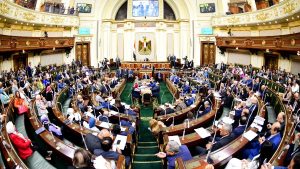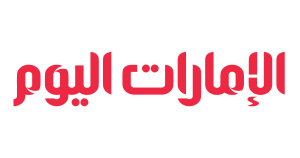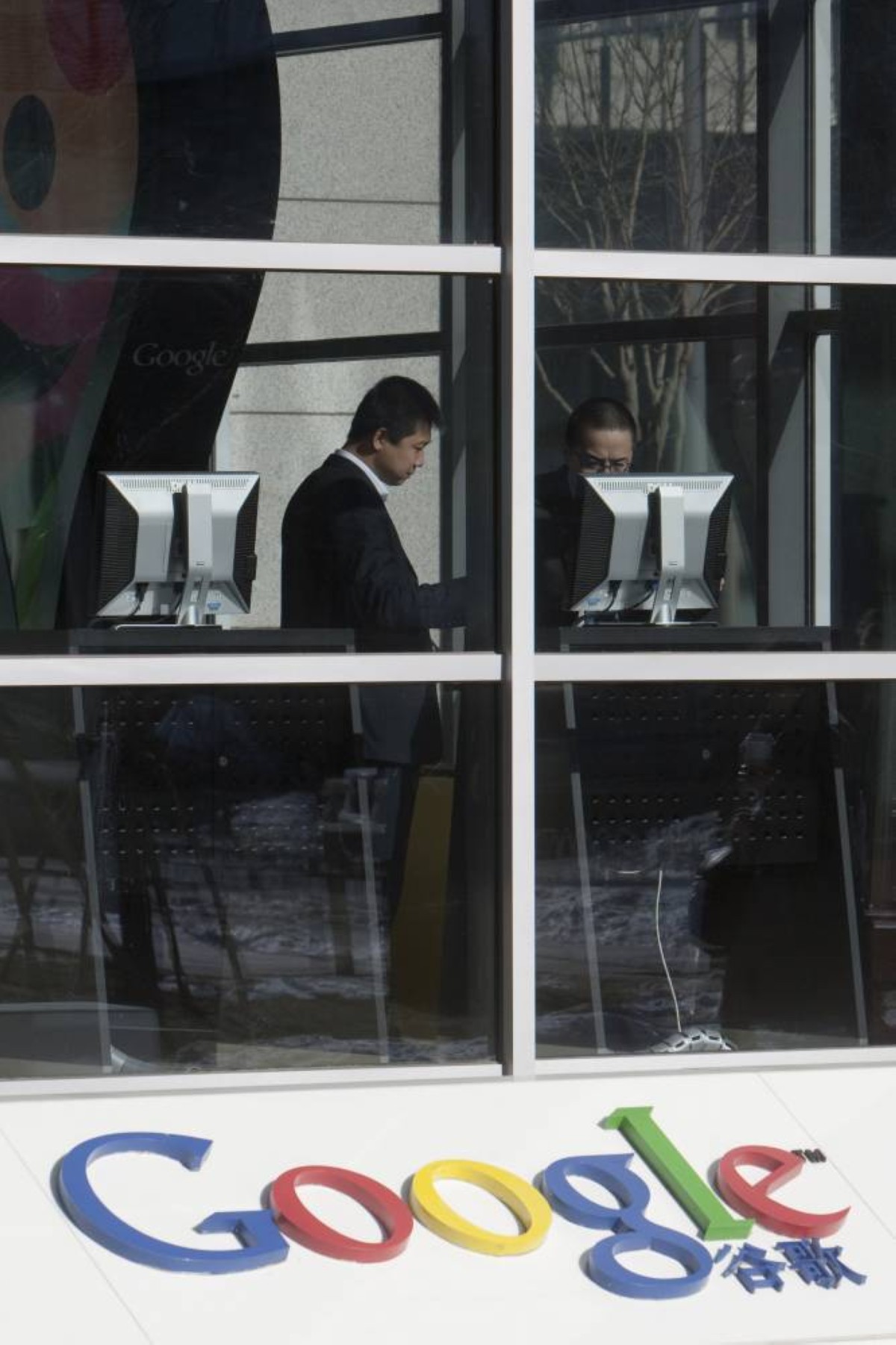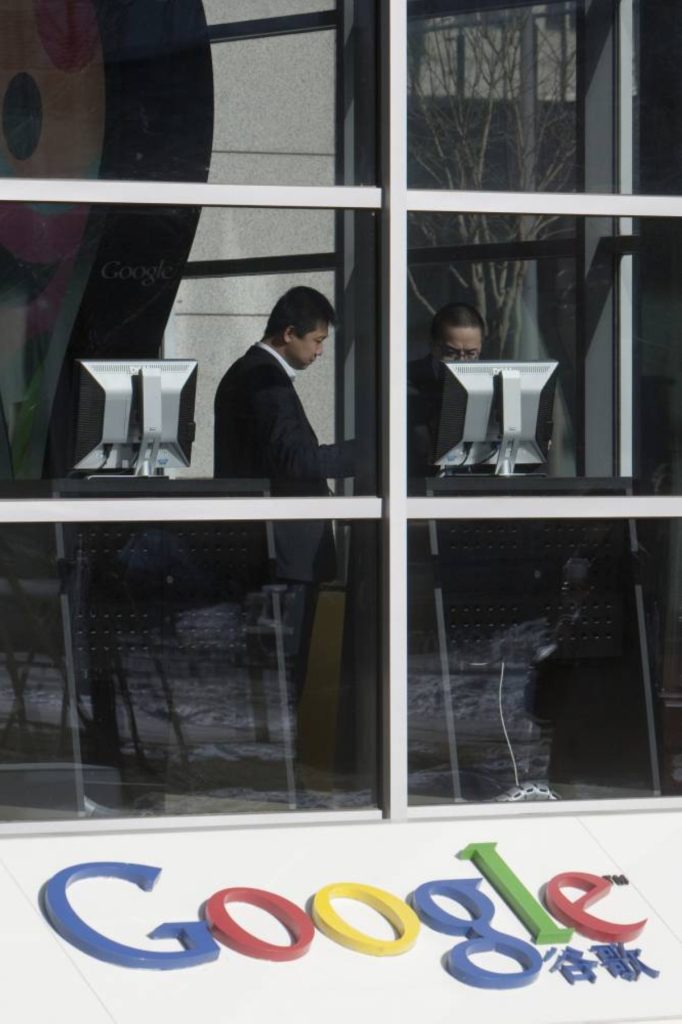Bien que le monde arabe compte près d’un demi-milliard d’habitants et soit l’une des régions à la croissance la plus rapide en consommation d’internet, le contenu numérique arabe représente encore moins de 5 % du contenu mondial total. C’est pourquoi Google a décidé de lancer la fonctionnalité “Story Book” via Gemini pour renforcer la présence de la langue arabe sur les plateformes mondiales, à travers des histoires interactives soutenues par des images et une narration vocale. Des marchés avancés comme Dubaï, qui mène les initiatives de transformation numérique dans la région, ont été choisis.
Un porte-parole officiel de Google a souligné l’importance d’élargir l’accès au contenu éducatif numérique dans des villes multiculturelles comme Dubaï, où vivent plus de 200 nationalités. Cette fonctionnalité vise principalement à aider les parents et les enseignants à transmettre des messages sociaux ou des concepts scientifiques complexes aux enfants de manière interactive et dans une langue simplifiée. Avec une disponibilité en plus de 45 langues, un plus grand nombre de personnes peut en bénéficier, augmentant ainsi le contenu visuel et textuel utile, que ce soit à Dubaï ou dans d’autres villes du monde où de nombreuses cultures se rencontrent et s’harmonisent.
Mais comment “Story Book” peut-elle promouvoir un contenu utile plutôt qu’un divertissement aléatoire ? Google répond : cette fonctionnalité – comme d’autres technologies alimentées par l’IA – dépend de la qualité de la demande. Ainsi, dans nos campagnes produit, nous partageons toujours des exemples utiles pour les enfants, qu’il s’agisse de nourrir leur imagination, par exemple en transformant leurs dessins en histoires, ou de simplifier un concept scientifique difficile.
Si “Story Book” est utilisé dans des écoles publiques ou privées, le retour éducatif ou la performance académique résultant de son utilisation peut être mesuré en personnalisant ces histoires par sujet ou mots-clés pour qu’elles fassent partie du programme scolaire, aidant ainsi à une évaluation globale des élèves durant le semestre. Cette fonctionnalité peut contribuer au développement des compétences en lecture et en écoute de l’enfant, à condition qu’il existe des bases d’évaluation par les enseignants et un système scolaire défini durant la période spécifiée.
Concernant les plans de personnalisation d’histoires traitant de sujets locaux tels que la tolérance, l’environnement des Émirats ou la culture émiratie – sachant que Dubaï est l’une des villes les plus rapides au monde à adopter les technologies d’apprentissage intelligent – Google confirme : cette fonctionnalité est très flexible dans son utilisation, permettant de personnaliser l’histoire de toutes les manières possibles, que ce soit en se concentrant sur une direction spécifique, une idée, en changeant les noms des personnages ou en téléchargeant des images de personnages pour les intégrer à l’histoire.
Plusieurs études indiquent que le contenu numérique arabe représente moins de 1 % du contenu mondial disponible. Alors, comment “Story Book” peut-elle changer cette réalité, surtout dans des marchés avancés comme Dubaï ? Google déclare : grâce à cette fonctionnalité, nous visons à contribuer à la diffusion du contenu interactif arabe pour enfants avec images et narration vocale. Ces histoires peuvent être imprimées pour utilisation et distribution, ou publiées en format PDF et ajoutées à des sites web et applications pour bénéficier à un plus grand nombre d’enfants et d’utilisateurs dans le monde entier. Bien que la fonctionnalité soit nouvelle dans la région.














Recommended for you
طالب الرفاعى يؤرخ لتراث الفن الكويتى فى "دوخى.. تقاسيم الصَبا"
مدينة المعارض تنجز نحو 80% من استعداداتها لانطلاق معرض دمشق الدولي
تقديم طلبات القبول الموحد الثلاثاء و640 طالبا سيتم قبولهم في الطب
البريد المصري: لدينا أكثر من 10 ملايين عميل في حساب التوفير.. ونوفر عوائد يومية وشهرية وسنوية
سمو الشيخ عيسى بن سلمان بن حمد آل خليفة يستقبل سفير الولايات المتحدة الأمريكية لدى مملكة البحرين
الجغبير: القطاع الصناعي يقود النمو الاقتصادي